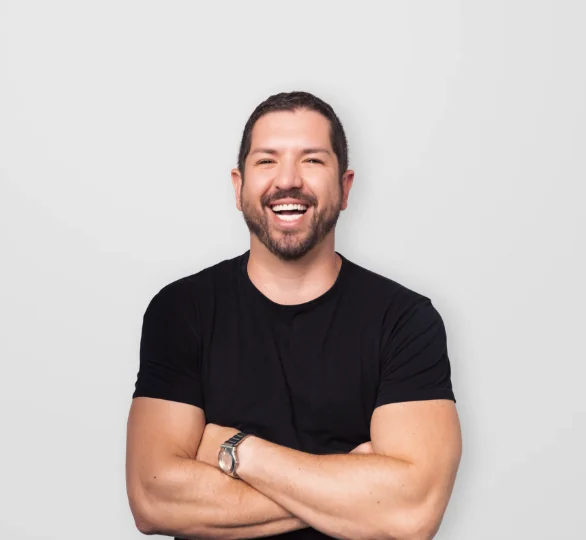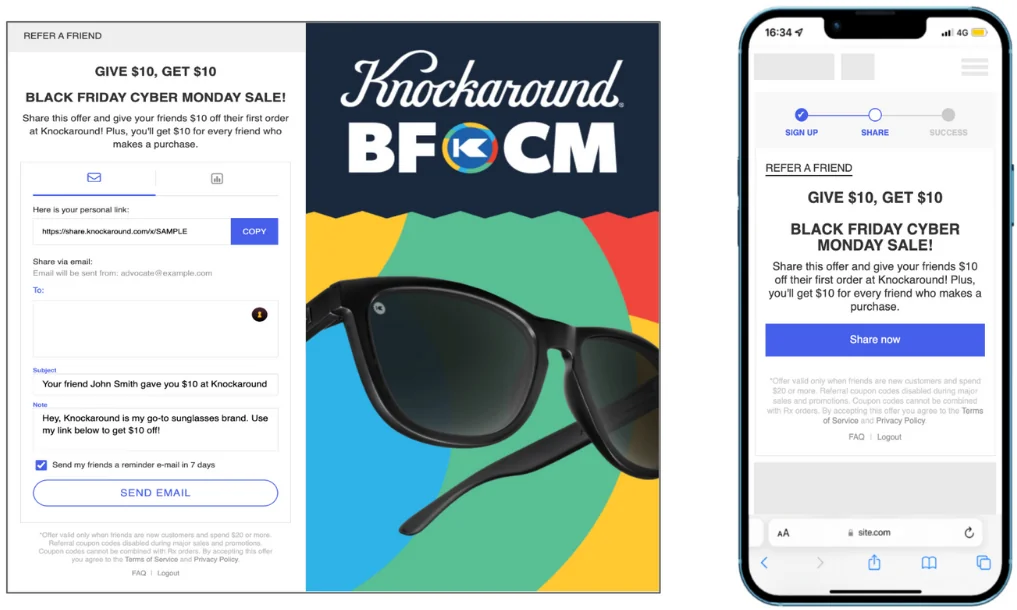In the world of startups chasing billion-dollar valuations, there’s one pattern that keeps surfacing, no matter the product or industry. The companies that break through and become unicorns almost never do it through clever marketing tactics. They do it because their customers won’t shut up about them.
Not because they were asked to. Not because they were paid to. Because they experienced something worth sharing.
The Story Behind the Growth
Stripe’s latest valuation hit $91.5 billion. That number grabs attention, but the more interesting part is how they got there. It wasn’t through a viral brand campaign or a fleet of out-of-home billboards. Stripe didn’t grow by blitzing the world with ads. They grew because developers started talking. One developer to another. Slack thread by Slack thread. Tweet by tweet.
Stripe made something frustrating feel simple. Not “marketing simple.” Actually simple. And when that happens, when a product really works the way people hope it will, the conversation doesn’t need a call-to-action. It just spreads.
That’s the core of it. Word of mouth isn’t something you create. It’s something you earn.
Organic Growth Isn’t What You Think
“Focus on organic growth” has become one of those startup mantras people repeat without really understanding what it means. Most founders hear that and think it means content marketing or boosting their SEO game. But real organic growth doesn’t come from impressions or algorithms.
It comes from building something that delivers so much value, people feel bad keeping it to themselves.
Think about the last time you recommended a product to a friend. You probably didn’t even realize it. You just knew it solved a problem so well, it would have been rude not to share it.
That’s the kind of growth that scales.
The Real Way Customer Advocacy Works
Too many companies try to manufacture customer success stories. The usual flow is familiar. Marketing picks a “happy” customer. They set up an interview, turn it into a polished case study, and publish it with a headline nobody reads.
But real customer advocacy? That happens in the wild. It shows up in Slack threads. In private DMs. In those chaotic moments at work when someone says, “How are you handling this?” and the response is, “Just use Notion. Trust me.”
Notion didn’t need a perfect pitch. People built templates, shared them with coworkers, and passed them along like cheat codes. That’s the stuff that actually moves.
Would Anyone Risk Their Reputation?
Here’s the question most startups never ask: would someone stake their reputation on recommending you?
Because that’s what a referral really is. It’s not a casual mention. It’s someone putting their name on the line for your product. It only happens when you’ve built something so solid, so obviously useful, that people are willing to go out on a limb.
Zoom didn’t go viral because it had the best onboarding sequence. It grew because when someone needed to jump on a video call, the response was always the same: “Here, use this. It just works.”
“It just works” might be the single most powerful growth strategy there is.
Build the Engine, Then Get Out of the Way
Forget your marketing automation for a minute. Forget the funnel. Real word-of-mouth growth comes from a much simpler playbook:
- Make something that solves a real problem.
- Make it so intuitive it feels like cheating.
- Make it easy to share.
- Then step back and let your customers talk.
That’s it. That’s the engine.
Metrics That Matter
Sure, you should track your NPS. Count referrals. Watch your viral coefficient. But those metrics don’t tell the whole story.
The real signal? Whether people are talking about you when you’re not in the room. Whether someone is walking into a meeting and recommending your product because it helped them win. You can’t always measure that in Google Analytics, but you can feel it in your pipeline. You’ll see it in your growth curve. And you’ll hear it when a lead starts the call by saying, “A friend told me I had to check this out.”
The Future Belongs to the Remarkable
As customer acquisition costs keep climbing and trust in advertising keeps eroding, the winners won’t be the ones with the biggest budgets. They’ll be the ones people want to talk about. The ones that solve real problems in ways that feel magical. The ones that show up not in paid placements, but in screenshots, backchannels, and text threads that start with “have you tried…”
It’s not about engineering virality. It’s about being so useful that people feel selfish keeping you to themselves.
Your Move
So here’s the takeaway. Stop chasing viral moments. Start building valuable ones. Don’t try to force referrals. Make them inevitable. Trade the case studies for stories people want to tell. Forget the funnel and focus on creating a product that’s worth talking about.
Because the most powerful marketing message is never the one you write. It’s the one your customer shares when no one’s watching.
And that’s the difference between just another startup and the next unicorn.
About the Author:
Jeremy Foreshew is a full-stack marketer with deep expertise in customer-led growth. As Head of Marketing at Talkable, he helps DTC and eCommerce brands turn their customers into their most powerful acquisition channel. Jeremy writes about referral strategy, retention, and the future of word-of-mouth marketing. He has been featured in Forbes, TechCrunch, and HuffPost.




